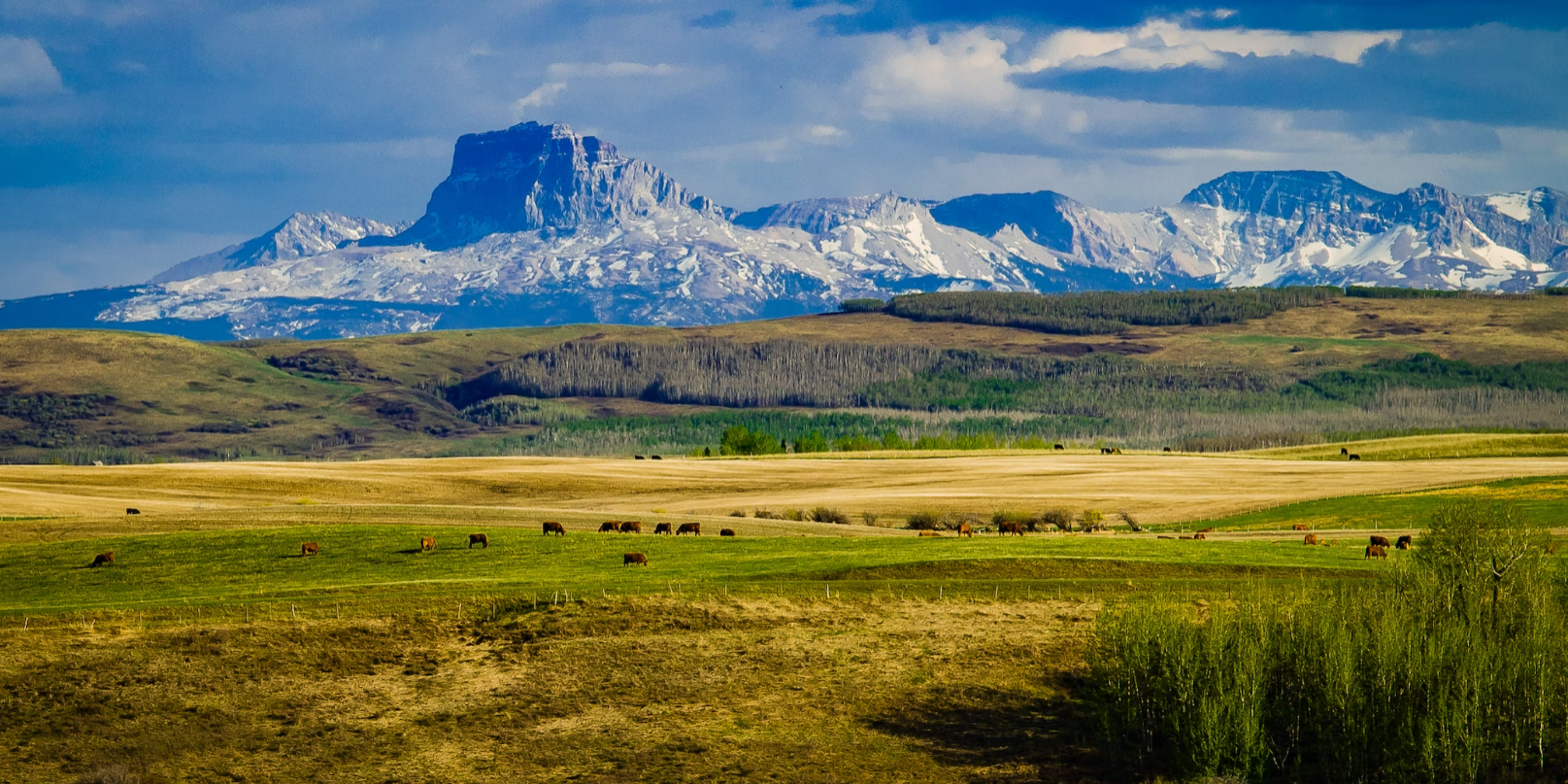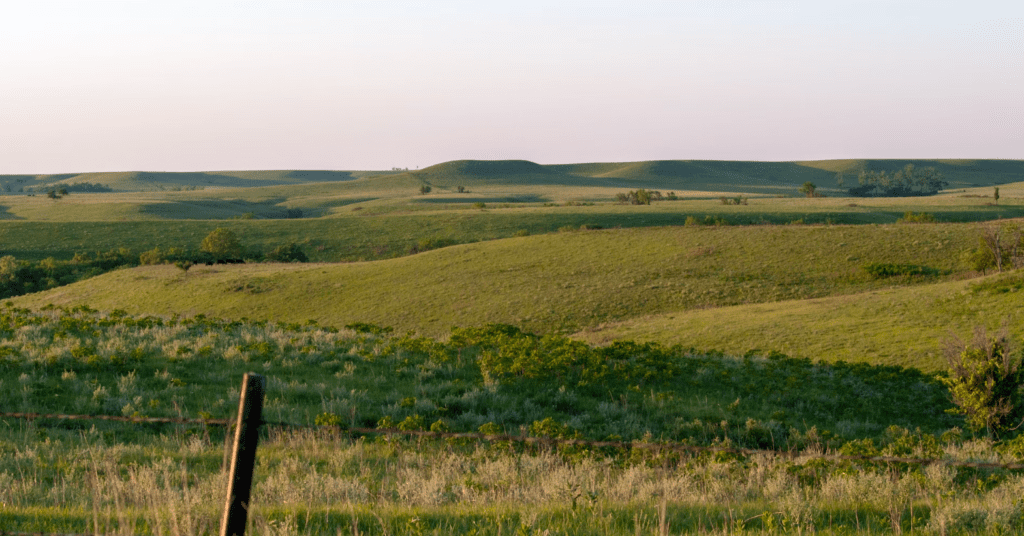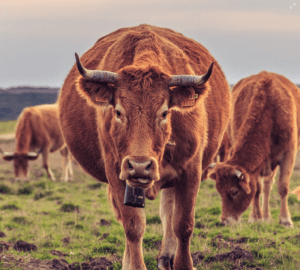
Unlocking the Beauty of Acreages for Sale Near Calgary and Surrounding Counties
Are you in the market for the perfect slice of rural paradise near the vibrant city of Calgary and its neighboring counties? Look no further, for we are here to guide you through the incredible world of acreages for sale near Calgary and the surrounding counties. Nestled in the heart of Alberta, these sprawling properties offer a unique blend of serenity, space, and convenience. If you're seeking to make a move to the countryside and embrace a slower pace of life while still staying close to the amenities of the city and its neighboring counties, acreages near Calgary might just be the perfect choice for you.
Discover the Allure of Acreages
1. A Peaceful Escape from the City Hustle
Imagine waking up to the gentle rustling of leaves and birdsong instead of honking horns and traffic noise. Acreages near Calgary and its surrounding counties offer a peaceful retreat from the hectic city life, allowing you to savor the tranquility of the countryside while being just a stone's throw away from the city's and neighboring counties' attractions.
2. Space to Breathe
One of the primary draws of acreages is the space they provide. These properties often encompass several acres, giving you ample room to create your own oasis. Whether you dream of a large garden, a hobby farm, or simply desire more privacy, acreages offer the space to make your dreams a reality.
3. Investment Potential
Acreages are not just about a change in lifestyle; they can also be a wise investment. The real estate market in and around Calgary and its neighboring counties has shown consistent growth, making acreages a valuable asset that can appreciate over time.
4. Close Proximity to Calgary and Neighboring Counties
One of the unique advantages of acreages near Calgary is their proximity to the city and its neighboring counties. You can enjoy the benefits of rural living while still being within reach of Calgary's and the neighboring counties' world-class amenities. Commuting to work or enjoying a night out in the city and its neighboring counties is a breeze.

What to Consider When Purchasing Acreages
When it comes to purchasing acreages near Calgary and its neighboring counties, several factors should be taken into consideration:
1. Location, Location, Location
The first rule of real estate applies here as well. The location of your acreage is crucial. Are you looking for a property with mountain views, a serene lake, or lush forests? Your choice will depend on your personal preferences.
- Proximity to Urban Amenities: Acreages near Calgary benefit from easy access to the city's urban amenities and services. This includes healthcare facilities, educational institutions, shopping centers, restaurants, and entertainment options. Residents can enjoy the conveniences of city life while still experiencing the tranquility of rural living.
- Employment Opportunities: Calgary is a major economic hub in Canada, with a diverse job market that includes sectors like energy, finance, technology, and healthcare. Living close to the city provides residents with excellent employment opportunities. Commuting to work is more manageable, and many people find it attractive to have a rural retreat within a reasonable distance of their workplace.
- Recreational Opportunities: Acreages near Calgary often offer proximity to outdoor recreational activities. Residents can enjoy hiking, biking, horseback riding, and other outdoor pursuits in the nearby natural landscapes, such as the Canadian Rockies. Additionally, acreages often have more space for recreational amenities like gardens, hobby farms, or private sports facilities, allowing residents to enjoy a higher quality of life.
2. Budget
Determine your budget before embarking on your search. Acreages come in a range of prices, so it's essential to have a clear financial plan in mind.
- Operating Costs and Maintenance:
- Utilities: Acreages often rely on well water, septic systems, and propane or oil heating, which can have different cost structures compared to urban services. Consider the expenses for water pumps, septic tank maintenance, and fuel costs.
- Road Maintenance: Some acreages may be on private roads, requiring residents to share the cost of maintenance. Snow removal, grading, and gravel may be necessary expenses.
- Land Maintenance: Factor in costs for maintaining the larger property, such as lawn care, landscaping, tree maintenance, and potential land improvements or renovations.
- Property Taxes and Insurance:
- Property Taxes: Acreages can have different tax rates and assessment values compared to urban properties. Be sure to research the local tax rates and consider how they will affect your budget.
- Insurance: Rural properties may require additional insurance coverage, such as coverage for outbuildings, equipment, and livestock. Costs can vary based on factors like the size of the property and the types of structures and activities on the land.
- Emergency Services and Proximity to Amenities:
- Emergency Services: Consider the proximity of your acreage to emergency services such as fire departments, hospitals, and police. In rural areas, response times may be longer, so it's essential to understand potential implications for safety and insurance costs.
- Amenities and Shopping: Rural living may mean longer distances to grocery stores, schools, and other essential services. Factor in the cost of transportation and the potential need for a well-stocked pantry or freezer.
3. Property Size
Consider the size of the acreage. Do you need a few acres or a more extensive plot of land? The size will influence the potential use of the property.
The size of a property can have a significant impact on its desirability and functionality. Here are three advantages to consider when evaluating property size:

- Versatility and Customization:
- Larger properties offer more space for versatility and customization. You have the freedom to design and build structures or landscaping features according to your specific needs and preferences. This could include adding a guest house, a workshop, a garden, or recreational areas like a pool or a tennis court.
- With a larger property, you can adapt the space to suit your lifestyle, whether that involves farming, ranching, hobbies, or creating an expansive outdoor living area.
- Privacy and Tranquility:
- Larger properties often provide greater privacy and a sense of tranquility. With more land, you can position your home further from neighbors or public roads, reducing noise and visual disturbances.
- The additional space between your property and neighboring properties or public areas can create a peaceful and serene environment, making it an ideal choice for those seeking a quiet and secluded lifestyle.
- Investment and Future Development:
- Property size can be a valuable investment. As land becomes scarcer in desirable areas, larger parcels of land tend to appreciate in value over time. This can be a long-term financial advantage, providing potential for future development or resale at a higher price.
- Moreover, owning a larger property may open up opportunities for land development, sub-division, or rezoning, potentially allowing you to capitalize on the property's value through strategic development projects.
4. Infrastructure and Amenities
Check for existing infrastructure and amenities on the property. Are there utilities in place, or will you need to install them? Is there a house or any outbuildings that come with the acreage?
- Condition and Age: Assess the condition and age of existing infrastructure elements, such as buildings, septic systems, wells, and utility connections. Older infrastructure may require maintenance, repairs, or upgrades, which can be a significant financial consideration.
- Compliance and Regulations: Ensure that all existing infrastructure complies with local building codes, zoning regulations, and environmental standards. Non-compliance can lead to costly issues and legal complications, so it's essential to verify the property's adherence to these regulations.
- Capacity and Suitability: Determine whether the existing infrastructure can meet your current and future needs. For example, check if the electrical service, water supply, and septic system have the capacity to support your intended use of the property. Inadequate infrastructure can lead to inconvenience and expenses in the future.
5. Zoning Regulations
Understand the zoning regulations in the area. These regulations can impact what you can and cannot do with your acreage.
- Zoning Designations: Alberta's rural areas are typically zoned for various purposes, including agriculture, residential, and recreational. It's important to understand the specific zoning designation of the property you're interested in. Each designation comes with its own set of rules and restrictions regarding land use, development, and building types. Make sure the zoning aligns with your intended use of the property.
- Setback and Building Requirements: Rural zoning regulations often include setback requirements, which dictate how far structures must be from property lines, roads, and other buildings. Additionally, there may be specific regulations regarding building heights, sizes, and styles. Understanding these requirements is crucial for planning any construction or development on the property.
- Permits and Approvals: Before making any changes or developments on a rural property, it's essential to be aware of the permit and approval processes. Alberta's municipalities have their own permitting procedures, and you'll need to adhere to these processes to ensure compliance with zoning regulations. This includes obtaining permits for construction, septic systems, water wells, and other land-use changes.
6. Future Development
Research any potential future developments in the area. These can affect the value and tranquility of your acreage.
Acreages Near Calgary and Its Neighboring Counties - Your Slice of Heaven
Acreages for sale near Calgary and its surrounding counties offer an opportunity to embrace a unique and fulfilling lifestyle. With the perfect blend of rural charm and urban convenience, these properties are highly sought after. When you're ready to take the plunge into acreage ownership, ensure you work with Diane Richardson real estate agent who is knowledgeable in these types of properties. Diane can help you navigate the market and find the acreage that best suits your needs and desires.
The dream of owning a piece of land where you can escape the city's hustle and bustle, create your own haven, and enjoy the stunning natural beauty of Alberta is within your reach. Acreages near Calgary and its neighboring counties offer all this and more, making them a compelling choice for those seeking a life that's a little closer to nature.
Counties Close to Calgary
Here are some of the counties close to Calgary:
- Rocky View County: Located to the west and north of Calgary, Rocky View County is known for its beautiful rural landscapes and is home to many acreages and farmlands.
- Foothills County: South of Calgary, Foothills County offers a mix of rural living, with a stunning backdrop of the Rocky Mountains.
- Wheatland County: To the east of Calgary, Wheatland County is known for its rolling prairies and agricultural communities.
- Mountain View County: Slightly further to the north, Mountain View County boasts picturesque countryside and a slower pace of life.
Contact Diane Richardson - Your Expert Calgary Realtor
Ready to take the first step towards owning your dream acreage near Calgary and its neighboring counties? Contact Diane Richardson 403.397.3706, your expert Calgary realtor, who specializes in acreage properties. Diane can help you find the perfect property that aligns with your unique needs and preferences.
So, why wait? Start your search for acreages near Calgary and its neighboring counties today with the guidance of Diane Richardson, contact Diane at 403.397.3706 or email and embark on a journey towards a serene and fulfilling lifestyle.
